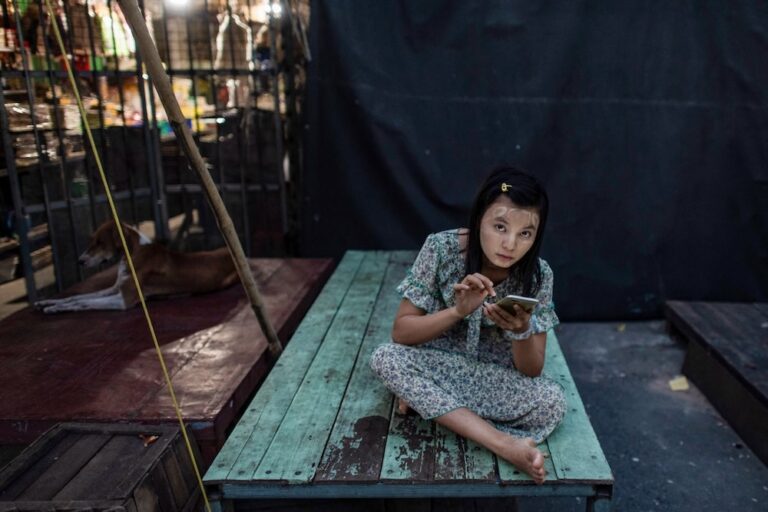A key US senator has backed an end to U.S. sanctions on Burma after a landmark visit by Thein Sein, the country's reformist leader, signaling a new normalisation in relations despite rights concerns.
On 21 May 2013, a key US senator backed an end to US sanctions on Myanmar after a landmark visit by the country’s reformist leader, signaling a new normalization in relations despite rights concerns.
President Thein Sein, a general-turned-civilian who ended Myanmar’s long isolation from the West, met lawmakers at the US Capitol one day after the first White House summit by a leader of his country in nearly 50 years.
Senator Mitch McConnell, who has spearheaded Myanmar sanctions for the past decade over human rights concerns, said after his meeting that he would not support a renewal of a ban on imports from the country formerly known as Burma.
“I believe renewing sanctions would be a slap in the face to Burmese [Myanmar] reformers and embolden those within Burma who want to slow or reverse reform,” said McConnell, who enjoys power as the Republican Party’s Senate leader.
“Many of us who have followed Burma for years never thought reform would come to this troubled country. This is an important moment and I believe it is time for Congress to take responsible action,” he said.
President Barack Obama has already waived most sanctions on Myanmar but Congress has kept the laws on the books each year, hoping that the threat of reimposing restrictions would motivate the government to address problems.
McConnell, who said he gave the issue “a great deal of thought,” dismissed suggestions that the United States would lose leverage and said that a ban on gems – a key revenue source for the junta – would remain.
The senator from Kentucky said the move would give US companies an even playing field with competitors from the European Union and Australia, which are not subject to sanctions.
But Thein Sein also met separately with four House members from Obama’s Democratic Party, who handed him a list of nearly 250 inmates allegedly jailed for political reasons and urged an end to ethnic violence.
The prisoners “deserve the opportunity to participate in the future of the country, and we believe they should be released immediately and unconditionally,” the lawmakers said in a letter handed to Thein Sein.
The legislators included former speaker Nancy Pelosi and Joe Crowley, who has moved in the House of Representatives to extend Myanmar sanctions.
Thein Sein has released hundreds of political prisoners since taking office in 2011. He has also eased censorship, opened talks with rebels and allowed long-detained opposition icon Aung San Suu Kyi to serve in parliament.
The United States and Myanmar on Tuesday 21 May also signed an accord to formalize dialogue on trade, a day after Thein Sein made a pitch to US business leaders for investment in his poor but growing country.
Derek Mitchell, the US ambassador to Myanmar, hailed Thein Sein’s reforms as having “captured the imagination of Americans” but warned that “hard work” remained.
“I know of no one in your government – or mine – who is declaring victory as if the future course of your country is clear and inevitable,” Mitchell told a dinner in Thein Sein’s honor at the US Chamber of Commerce.
Critics say Obama’s invitation to Thein Sein left Washington little to offer for action on other concerns, such as addressing recent anti-Muslim violence to which security forces were accused of turning a blind eye or worse.
The most important test will come in 2015 when Myanmar is scheduled to hold elections, meaning that the military may have to decide whether it will truly cede power for the first time since seizing control in 1962.
Asked repeatedly about the issue, Thein Sein said that the military had an important role in Myanmar.
Walter Lohman, director of the Asian Studies Center at the conservative Heritage Foundation, said the United States had moved from a policy of offering “action for action” on Myanmar to one of simply supporting Thein Sein.
“I don’t know that our assistance or support for him is really going to help him, but I think it does potentially send the wrong signal back to people in Burma who are still struggling,” Lohman said.
“If we get to 2015 and (a free election) doesn’t happen, we will have been wrong about all this,” he said.



